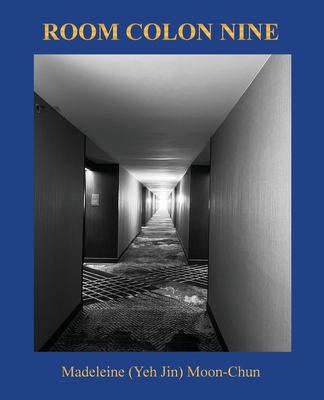From author's introduction to the poems in ROOM COLON NINE. Numbers are symbolic parts of our traditions, religions, superstitions, and daily lives. Many buildings in the United States don't include the thirteenth floor in writing, as it is considered unlucky. Three, on the other hand, "is the charm." In Korean tradition, the 100th day after a baby is born is cause for a ceremony and a gathering of the community. In the United States, some of the most important birthdays are when someone turns sixteen, eighteen, twenty-one, and fifty. For many Latin American cultures, girls who turn fifteen have their
quinceañera. Judaism considers thirteen to be when children reach the age of symbolic adulthood. For many Asian countries, the age sixty is celebrated, as it signifies the person has lived through all twelve zodiac signs five times-once for each different universal element. And the list goes on. While various countries and cultures have their own ceremonious ages and numbers, the overarching current of similarity is the symbolic weight we humans place on numbers.Ultimately,
ROOM COLON NINE is the endlessly paradoxical vertex, or axis, at which beginnings and endings collide, are reconsidered, and are formed anew. The number nine has played a significant role in my life, and I believe that it possesses much meaning regarding the intersections of time, space, belonging, and other philosophical matters that remain painfully relevant in our current day.











